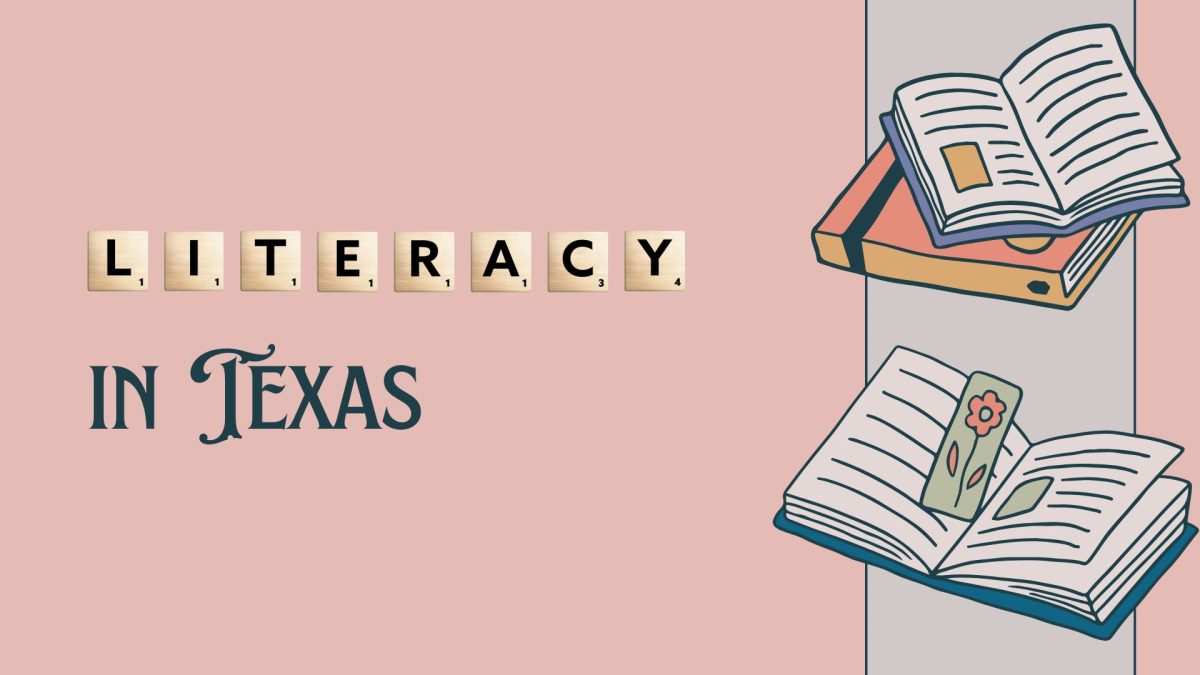By Mary Witfill
Features Editor
My four years in high school have taught me that the recipe for success in school is defined, simple and one sided. X is given, the problem has been solved and it is easy to achieve if you can master one skill: communication.
Communication with teachers, with students, with administration, you name it – communication is essential. That being said, we can’t get picky about the way communicate.
Facebook, the social networking website, has developed into a terrific tool for finding information, developing relationships and contacting various acquaintances. In an age where everything is available at the literal click of a button, it doesn’t make sense for students and teachers not to take advantage of every communication tool out there.
Opinions of this topic are mixed – opponents fear innocent teachers will be branded as sexual predators for chatting with students on online, while proponents, such as myself, caution against overreacting to a powerful communication tool.
How many times have students and teachers run into conflicts because they had no easy way to communicate outside of school? We have all heard the ‘I tried to email you, but you didn’t answer,’ or ‘when I got home, I realized something that prevented me from doing my project and had no way to contact you… so I just didn’t do it.’
And while most students aren’t provided with teachers’ personal phone numbers, and teachers can’t be expected to check their email every 20 minutes until midnight, most cell phones come equipped with a Facebook feature that notifies the user every time they are contacted. This quick and easy way of communication has the potential to solve a plethora of problems, and it is unreasonable to ask teachers and students to pretend that it doesn’t exist.
I do understand lines need to be drawn in the communication of students and teachers over the Internet, but to say that teachers and students should never be friends on Facebook is overkill.
I don’t think people should be sharing overly personal information on Facebook at all, let alone with people they interact with on a professional level, but saying ‘I haven’t seen you in a few days, and you have a big deadline coming up ‘ can save a lot of hassle in the long run.
Personally, I have used Facebook to communicate with teachers on multiple occasions. For example, when school began to rapidly approach and I didn’t know what I needed to do to prepare for my more advanced classes, all that was needed was a simple ‘what is our summer reading?’ post on the wall of my English teacher. He quickly replied, and the interacted ended. It was easy and appropriate.
I know we have all read Facebook horror stories, but in reality, these instances are few and far between, and should be treated as such. These rare stories can alarm parents, administrators and communities as a whole, but educators shouldn’t be afraid to use social networking sites.
Facebook has the possibility of becoming a great resource for students and teachers if we take off the blinders and allow appropriate interaction to take place.








